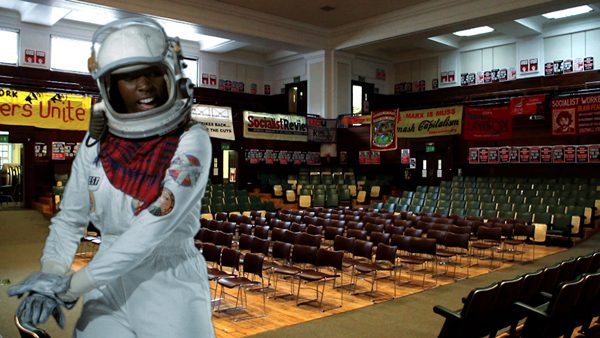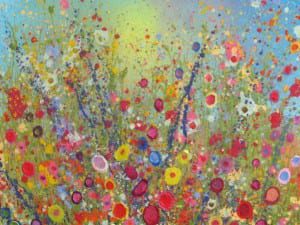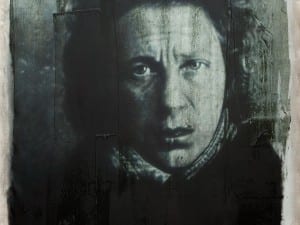The blurred lines between the real and the virtual are explored in FACT’s new exhibition Science Fiction: New Death, opening 27 March. Society’s relationship with technology is examined through the work of James Bridle, Jon Rafman, Mark Leckey, Larissa Sansour and Ryan Trecartin, plus award-winning science fiction author China Miéville. Aesthetica speaks to curator Omar Kholeif about science fiction and the highlights of the exhibition.
A: Science Fiction: New Death is a major contemporary science fiction exhibition – this is quite a unique idea, what can audiences expect from such an exhibition!?
OK: Audiences can expect an experience that will challenge their senses and and ask deeper questions about how technology is shifting our everyday life? Are we now living in a world of science fiction that was foretold in novels and works of landmark cinema or are we fabricating a new kind of reality that extends beyond the parameters of what we ever imagined?
A: There are several artists included in the exhibition, what are your personal highlights?
OK: As a curator I believe that putting together an exhibition is about forming a narrative that works across multiple artists’ work so I never like to pick favourites. Still, I do have to say that I am very excited to be showing Zach Blas’ Facial Weaponization Suite for the first time in the UK – an artwork that critiques American military technology, which seeks to weed out homosexuals, and also thrilled to be showcasing new commissions by James Bridle and Jon Rafman.
A: The exhibition is accompanied by a wider programme, how important is this to the audiences understanding of the art works and the debate around technology and art?
OK: The wider programme around the show is created to encourage debate; with science fiction there is no way of pleasing everybody so we wanted to create a space that would encourage contradictions to be articulated and to engage with as broad as possible an audience.
A: The Personal Archive was curated in response to an open call for submissions, please can you explain how it works?
OK: Science fiction is a highly personal genre. It is almost cult like. Everyone has their own perception of what Sci-Fi means to them, so I conceptualised the idea that we should have a section of the show called the Personal Archive that looks at the public’s own Sci-Fi Visions. We developed a jury, which included Guest Curator John Dunning and Media Partner Little White Lies – to present a broad scope of works that range from home made movies to high end imaginations of the future. The work will be presented in a custom built installation that reflects on the intimacy of a personal science fiction experience.
A: Some of the works deal with politics and problems in society, how effective do you think art and culture is in bringing about social change?
OK: I think that art’s power lies in its discursive nature. It is a sphere to ask critical questions and to present them to a broad audience. That is all artists can do – pose questions that encourage audiences to think about the world differently.
Science Fiction: New Death, 27 March – 22 June, FACT, 88 Wood Street, Liverpool, L1 4DQ.
Credits
1. Brad Butler and Karen Mirza, Deep State. Installation at FACT, Liverpool as part of Science Fiction New Death.
2. Sascha Pohflepp, Camera Futura. Installation at FACT, Liverpool as part of Science Fiction New Death.





